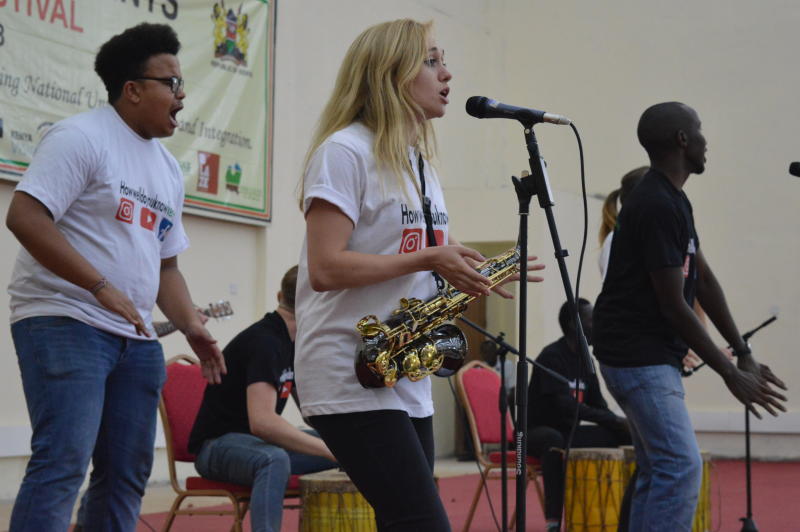
Collective Management Organisations (CMOs) are private companies established under the Copyright Act to manage rights belonging to a class of owners, which cannot be managed individually. A Collective Management Organisation is mandated to negotiate royalties for the use of the members’ works and remit the incomes in accordance to rules prepared by its membership.
At a minimum, rights holders who have assigned their rights expect the CMO to operate at minimum costs, in order to pay a major part of its income as royalties and render accounts to them in a transparent manner. A collecting organisation is required to diligently serve the interest of its members and be accountable to them, failing which they could face sanctions from the licencing authority, the Kenya Copyright Board (KECOBO).